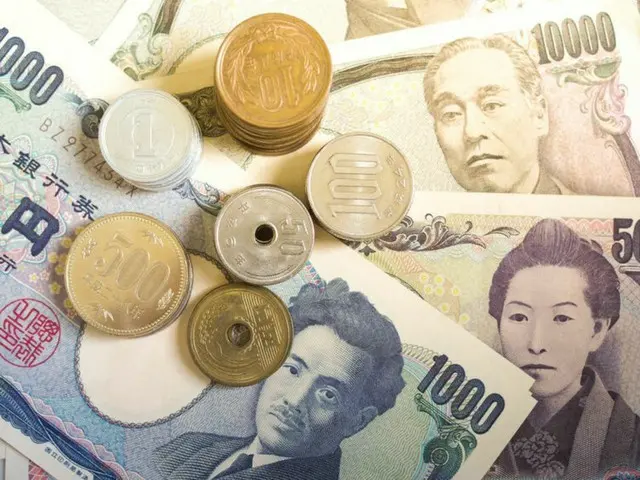Ta. Ahead of Lunar New Year, the yen has fallen to around 800 won per 100 yen, and Kim, who now has more budget to spend, decides to go to a hot spring near Tokyo.
Tourists traveling to Japan during the Lunar New Year are fully enjoying the effects of the weak yen. The delay in policy change in the second quarter not only in Japan but also in the US also had an impact.
However, the yen's depreciation is expected to continue for the time being. According to Seoul Foreign Exchange Brokerage on the 9th, the yen/won fiscal exchange rate was trading at 892.87 won per 100 yen. The yen is now
It has been trading at around 800 won per 100 yen for four consecutive business days from the 5th to the 8th of the month. On the 5th, it fell to 889.56 won during trading. The yen exchange rate is around 800 won per 100 yen.
This is the first time in about two months that the price has fallen to 891.22 won on December 6, 2023. The ongoing depreciation of the yen ahead of the Lunar New Year is a good sign for people traveling to Japan. fruit
In fact, the pre-sale rate for Jeju Air's Japan routes during this year's Lunar New Year holidays (9th to 12th) was in the low 90% range. The Japan route is one of Jeju Air's main routes, including Kansai, Narita, and Matsuyama.
・It operates in areas such as Sapporo, Shizuoka, Oita, Okinawa, Fukuoka, and Hiroshima. The number of flights on these routes reached 207 between January 15th and 21st.
There are two main reasons why the yen has continued to depreciate this year as it did last year. This is because changes to Japan's negative interest rate policy have been delayed and the value of the yen has not increased.
. Since the end of last year, there had been high expectations in the market that the Bank of Japan would raise interest rates at the beginning of this year, but interest rates were frozen at the Monetary Policy Meeting in January, delaying the timing of the change. at the market
expects the Bank of Japan to change its interest rate policy as early as April. In addition, expectations that the US Federal Reserve System (Fed) will reduce interest rates soon have been dispelled, and the impact of the dollar's high value
There is also. In the United States, the timing of interest rate cuts was delayed from March to the second quarter, so high interest rates are expected to continue for some time, and the value of the yen, which is considered a safe alternative to the dollar, has become relatively low.
. Experts believe that it is difficult to expect the yen to appreciate until the first half of the year. Lee Jung-hoon, a researcher at Eugene Investment & Securities, said, ``The U.S. employment index was stronger than expected, and both the won and yen were weak.''
``The yen reacted more sensitively to the US interest rate differential than the won, and it depreciated even more.'' Furthermore, researcher Lee said, ``It is possible that the negative interest rate policy will be lifted from April to July this year.''
``The yen is expected to become stronger after the second quarter as the US policy interest rate is lowered and Japan lifts negative interest rates.''
``However, after the lifting of negative interest rates, it is likely that the Bank of Japan will normalize interest rates gradually, and it is unlikely that the yen will appreciate significantly in the first half of the year.''
I'm watching," he added.
2024/02/10 07:02 KST
Copyrights(C) Edaily wowkorea.jp 107

